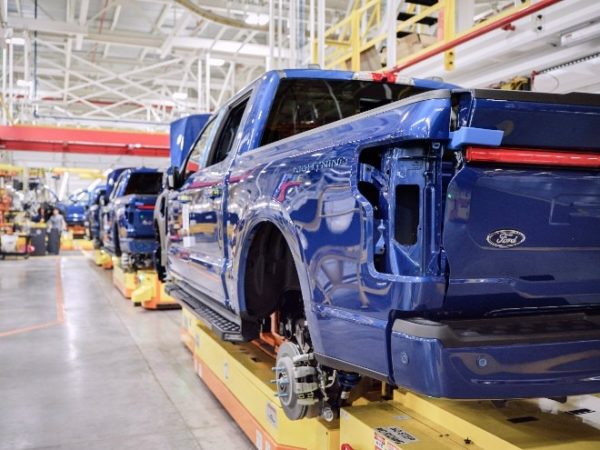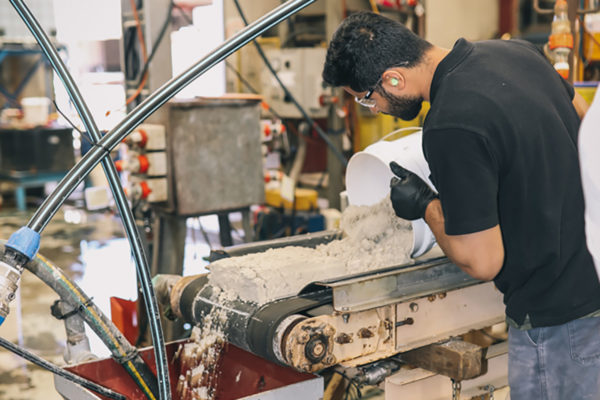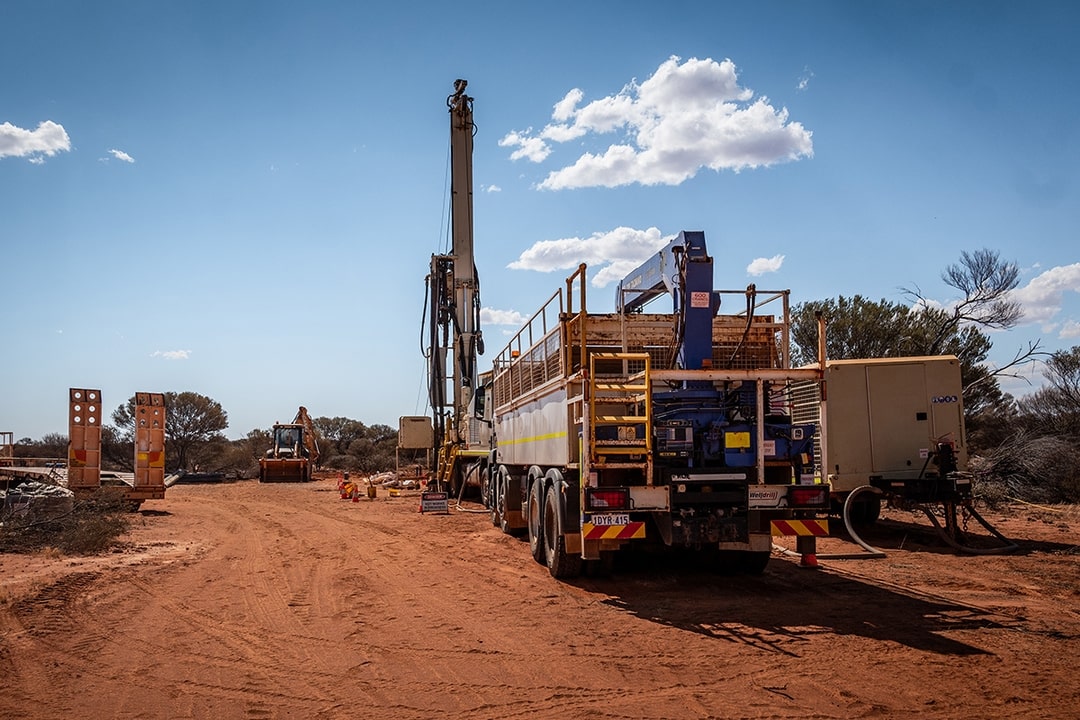Liontown Resources has made the Final Investment Decision (FID) to proceed with the development of its flagship Kathleen Valley Lithium Project in the Goldfields region of Western Australia after completing negotiations to supply United States-based car maker Ford with up to 150,000 dry metric tonnes of spodumene concentrate for five years, starting in 2024.
The spodumene concentrate, a critical mineral used in the production of lithium-ion batteries, will come from Liontown’s 100%-owned Kathleen Valley Lithium Project being developed near Leinster, about 680 kilometres north-east of Perth.
It is the third offtake agreement Liontown has struck after signing similar deals with US-based electric vehicle and battery manufacturer Tesla and South Korean battery maker LG Energy Solution. Liontown said it had now signed binding offtake agreements for 450,000tpa of spodumene concentrate, representing 90% of the project’s initial planned production.
As part of the latest deal, Ford will also provide Liontown with a $300 million debt facility to underpin the development of the lithium mine. The Perth-based miner said the car manufacturer’s facility along with proceeds from a $463 million capital raise completed last year provide sufficient capital for Liontown to make the FID to develop the estimated $545 million project.

Image: Ford
Liontown managing director and chief executive officer Tony Ottaviano said the FID is a represents a major landmark for the project’s development.
“The signing of our third and final foundational offtake agreement is a momentous milestone for Liontown and the Kathleen Valley project, with approximately 90% of Kathleen Valley’s start-up capacity now under secured long-term binding offtake agreements,” he said.
“In addition to the offtake, the $300 million funding facility from Ford, together with the capital raised last year, means that we have secured commitments for the funds required to support the full commercial development of Kathleen Valley through to first production.”
Ford’s vice president of EV industrialisation, Lisa Drake, said the Kathleen Valley agreement is a significant deal for the car maker which plans to invest more than $US50 billion globally through 2026 to develop EVs and the batteries that power them.
“Ford continues working to source more deeply into the battery supply chain to meet our goals of delivering more than 2 million EVs annually for our customers by 2026,” she said. “This is one of several agreements we’re working on to help us secure raw materials to support our plan to deliver EVs for customers around the world and meet our environmental, social, and governance commitments.”
The Kathleen Valley project is expected to initially produce about 500,000 tonnes of spodumene concentrate per annum, but Liontown hopes to expand production to 700,000 tonnes in 2029.

Image: Liontown Resources
The company said early grade control drilling is well advanced at the planned two open pits with major construction work at the mine expected to start toward the end of the year. Mining is expected to commence in Q1 2023 with first production of spodumene concentrate from Q2 2024.
Liontown said it had already placed orders for nearly three-quarters of the equipment needed for the processing plant while work has also progressed across the construction scope and procurement is advancing for the remaining project activities in line with the development plan.
“We do not intend to stand still,” Ottaviano said, adding the company is determined to deliver the project as quickly as possible.
“This process begins by immediately securing high-calibre contractors and business partners to ensure we can deliver the Project safely and efficiently. We remain on track to deliver first spodumene concentrate by Q2 2024.”
This content is protected by copyright and may not be reused. If you want to cooperate with us and would like to reuse some of our content, please contact: editors@pv-magazine.com.









1 comment
By submitting this form you agree to pv magazine using your data for the purposes of publishing your comment.
Your personal data will only be disclosed or otherwise transmitted to third parties for the purposes of spam filtering or if this is necessary for technical maintenance of the website. Any other transfer to third parties will not take place unless this is justified on the basis of applicable data protection regulations or if pv magazine is legally obliged to do so.
You may revoke this consent at any time with effect for the future, in which case your personal data will be deleted immediately. Otherwise, your data will be deleted if pv magazine has processed your request or the purpose of data storage is fulfilled.
Further information on data privacy can be found in our Data Protection Policy.